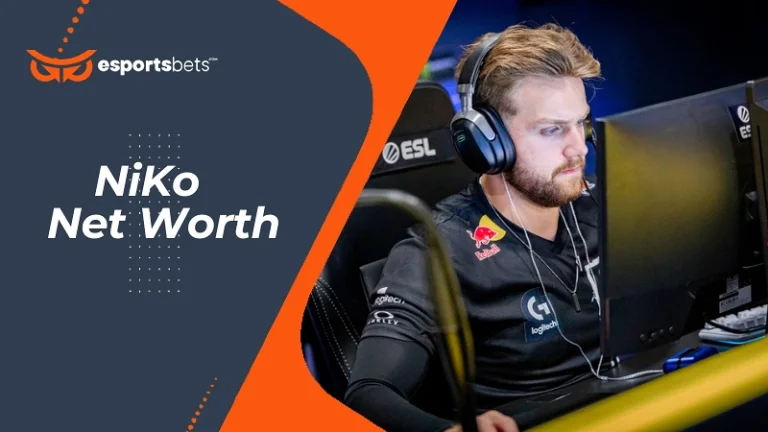2020 saw fastest ever gaming and esports growth in Germany
With most industries in Germany and Europe suffering considerably in the on-going pandemic, the few that are doing well stand out even more than usual – and esports is definitely on that list. The German gaming market managed to grow by 32% compared to the year before. That’s exceptional – and it penetrated into all sectors of the esports industry, other than physical ticket sales.
The revenue
Overall, more than €8.5 billion in revenue was generated in the German gaming market in 2020 – some €5.2 billion of that came from software sales, subscriptions, and microtransactions. Another €3.2 billion are hardware sales – this too is an exceptional 26% year-on-year growth.
Perhaps the largest year on year increases however were the 44% growth of the in-game purchase section and the 50% growth of online services. That’s not all though – unsurprisingly, related industries also saw a large increase in their own sales figures. Along with the newly risen software sales, PC parts meant for gaming like graphics cards or high-end CPUs also showed higher sales figures – and on the completely other end of the esports world, esports betting also saw an uptick in activity and revenue

Esports and its peripheral industries
Obviously, esports betting and esports gambling aren’t directly part of the esports industry – they belong to the larger betting industry. Nevertheless, they are directly affected by how well the esports industry itself does – that was the case for Germany in 2020 too.
It’s worth noting that while in countries like the UK betting is somewhat common, it’s far less so in Germany. In fact, it wasn’t until last year that betting giant Betway received a license to operate online sports betting. As of March 2021, only 27 companies hold this license. There are still pretty strict rules imposed on betting in general – and as far as esports betting sites in Germany goes, well, much is still up in the air.
Esports in Europe
Despite generally being a rather prominent voice in Europe, Germany is actually lagging behind a bit as far as esports revenue and markets go. While it is in the top 10 best esports countries in Europe, it’s nowhere near the size of the UK or any of the major international players. This isn’t just because there is less interest (there is plenty) but also because of legal roadblocks, and social stigma.
Despite Germany’s phenomenal performance in 2020, the country still has a way to go. Said way is being paved by a number of prestigious partnerships within and to the esports industry – there’s a growing trend, for example, for football teams to sign on an esports team. There are also some interesting sponsorship contracts between German supermarkets and esports organisations.
This in particular is noteworthy – lucrative sponsorship agreements make up a significant part of the esports revenue that many countries have. After all, they often span millions of dollars or more… and they’re one of the primary ways that esports teams connect with companies outside of the esports market.





















